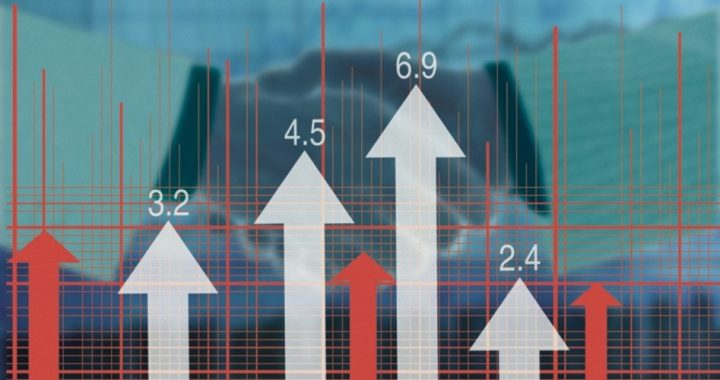
The U.S. economy grew slower than previously reported during the second quarter of the year, according to the U.S. Bureau of Economic Analysis (BEA). The economy grew at just an annualized rate of 1.3 percent rate, down from the 1.7 percent growth previously reported.
“Real gross domestic product — the output of goods and services produced by labor and property located in the United States — increased at an annual rate of 1.3 percent in the second quarter of 2012,” the BEA reported September 27, in the final and most complete analysis of GDP growth. “In the second estimate, the increase in real GDP was 1.7 percent,” the BEA reported. The BEA releases three estimates on each quarter of economic growth, with this third and last estimate of growth in April through June of this year based upon the most complete set of data.
The U.S. economy grew at an 2.0 percent annual rate in the first quarter of 2012, half the typical growth rate in a post-recession recovery. The new numbers announced for the second quarter amount to growth rates just enough to keep pace with population growth and maintain current employment levels.
The revised numbers help confirm free market economists’ complaints that federal policies have contributed to what is increasingly a hollow economy based upon consumption and services, with little manufacturing of intrinsically valuable products. The GDP numbers were revised downward on news for smaller increases in personal spending and higher levels of imports, figures that match decreasing employment numbers in the manufacturing sector of the economy.
The numbers also reveal that the Keynesian economic school idea of stimulating the economy with more government spending, Federal Reserve interest rate suppression, and inflationary increase in the the money supply may not be helping the economy. Austrian school economist Frank Shostak of the Ludwig von Mises Institute explained the Keynesian fantasy that demand alone, rather than production (or manufacturing), is the reason economies grow: “If a baker has only saved ten loaves of bread, he can only exercise his demand for other goods in accordance with the exchange value of the ten loaves of bread. In order for him to raise his demand he must produce and save more bread.”
Photo: Thinkstock



